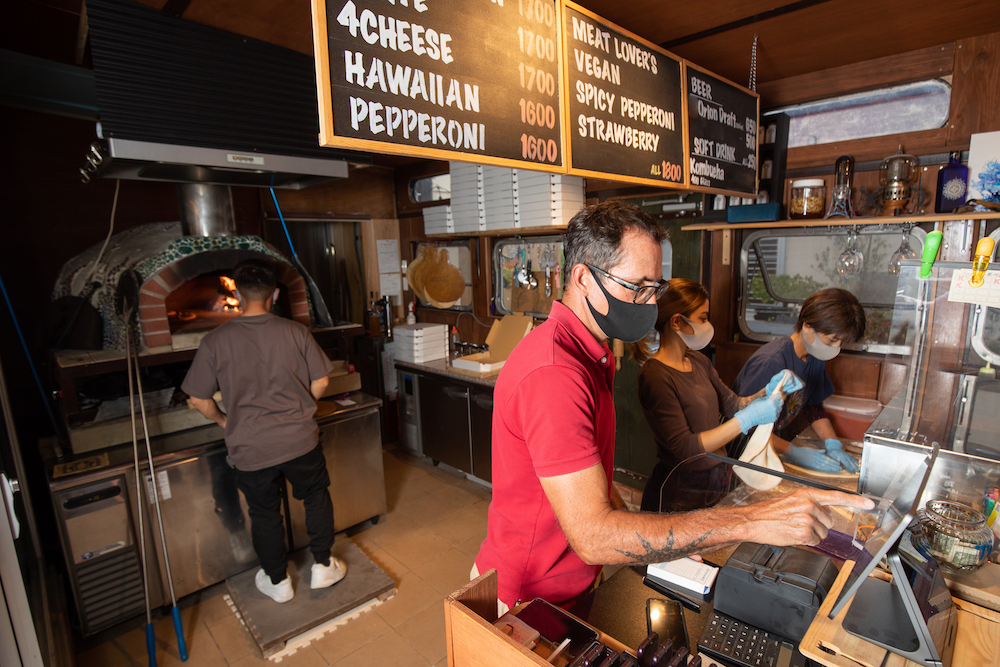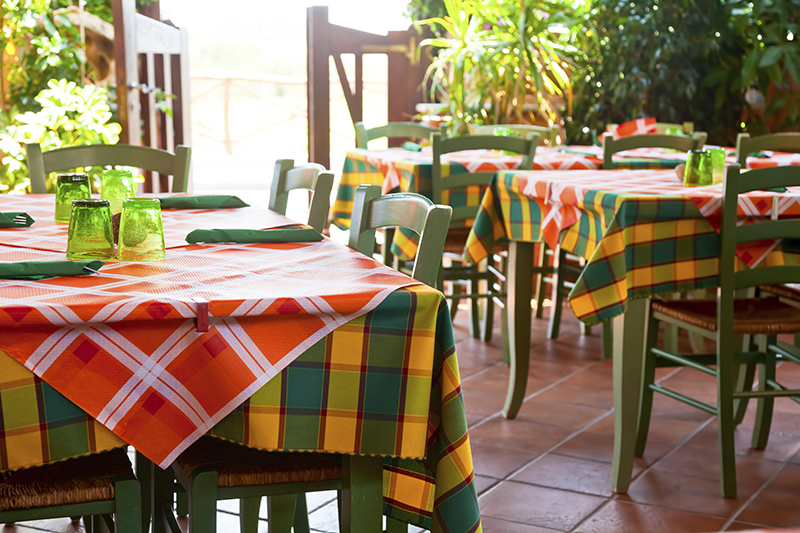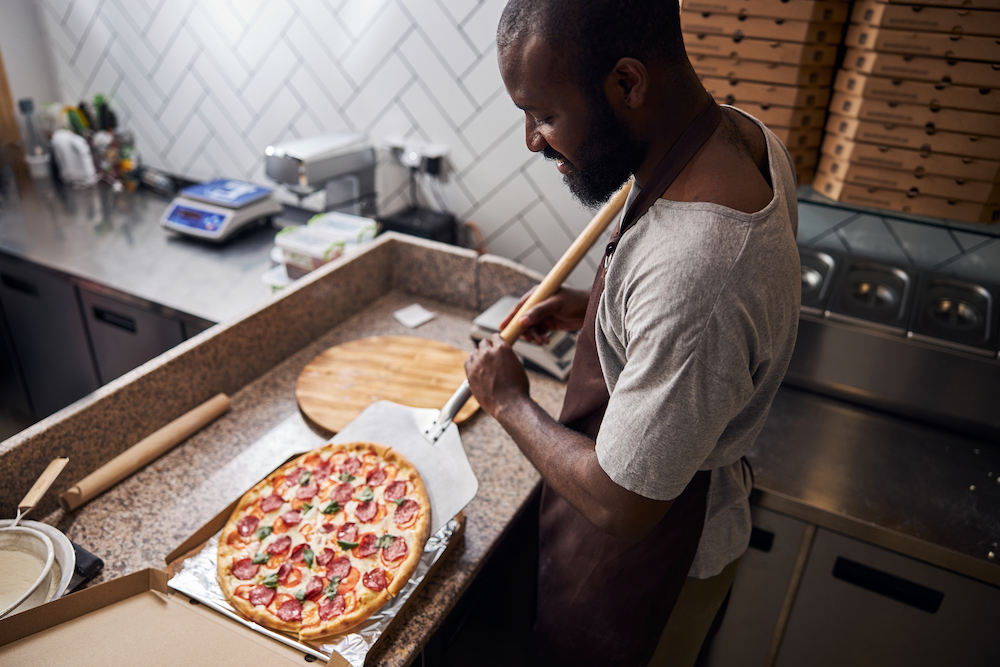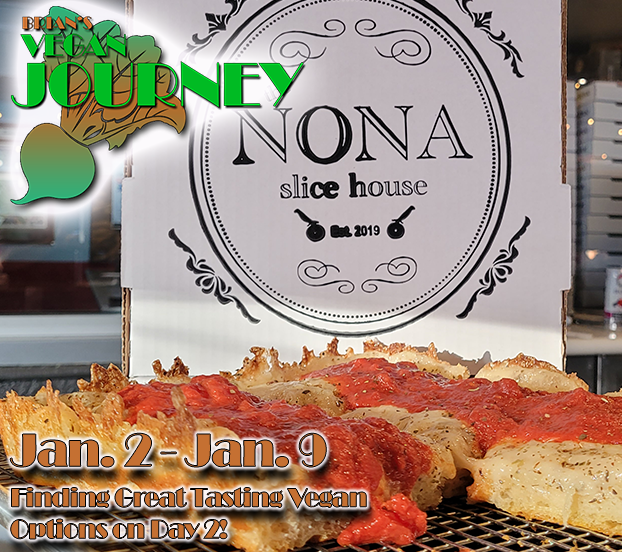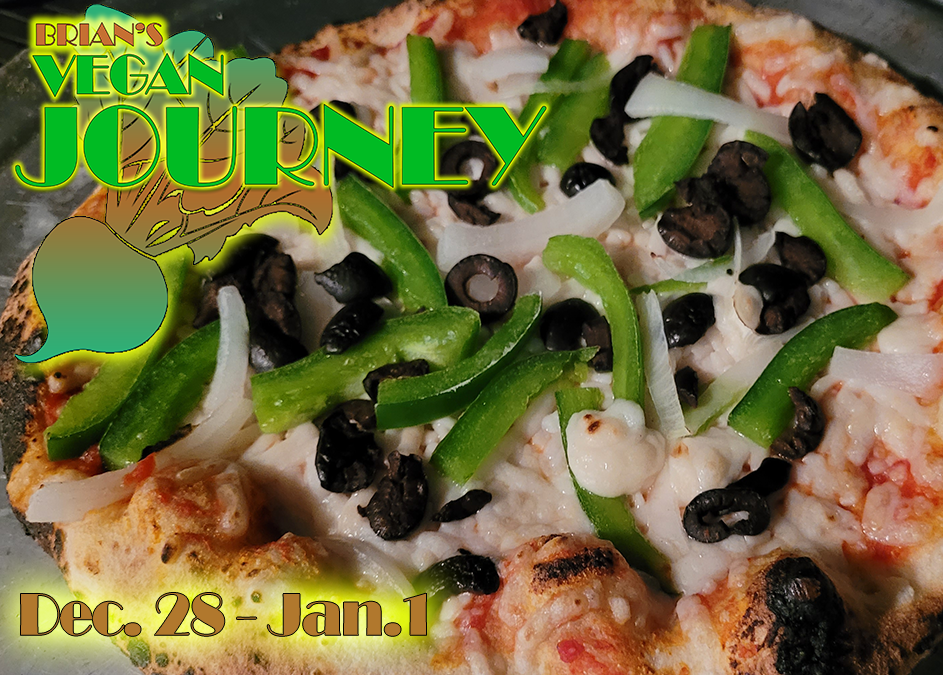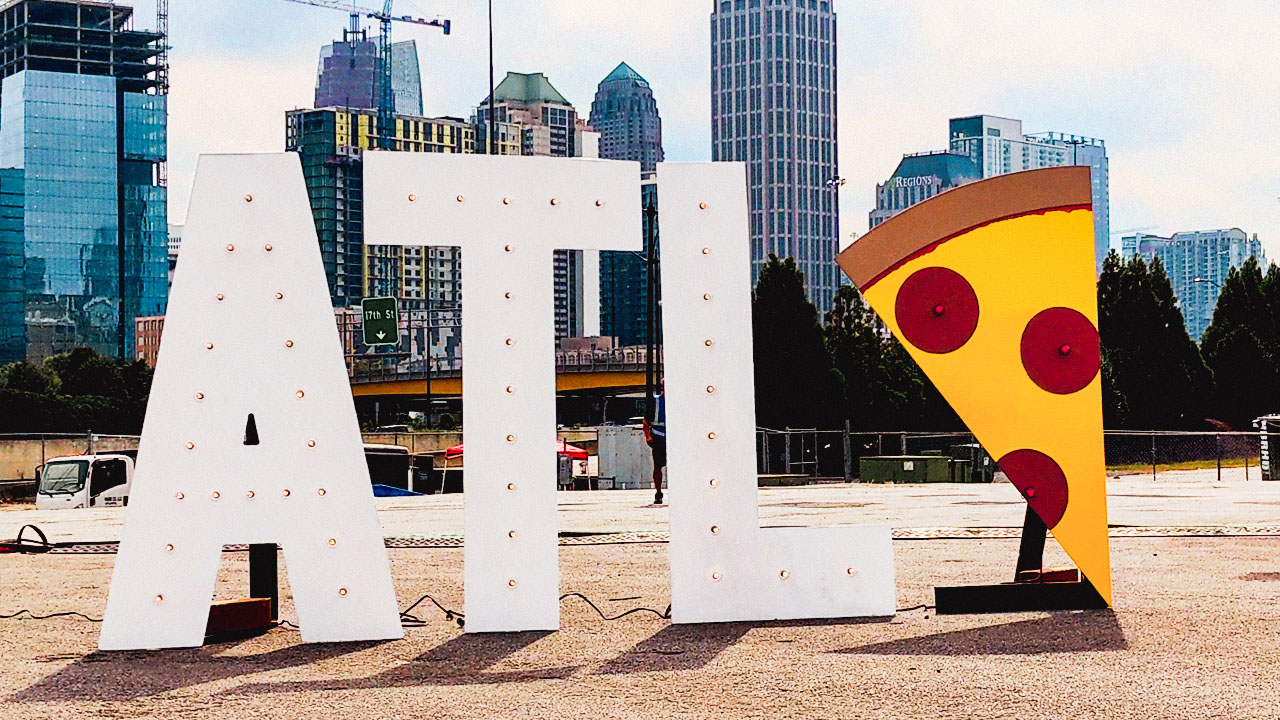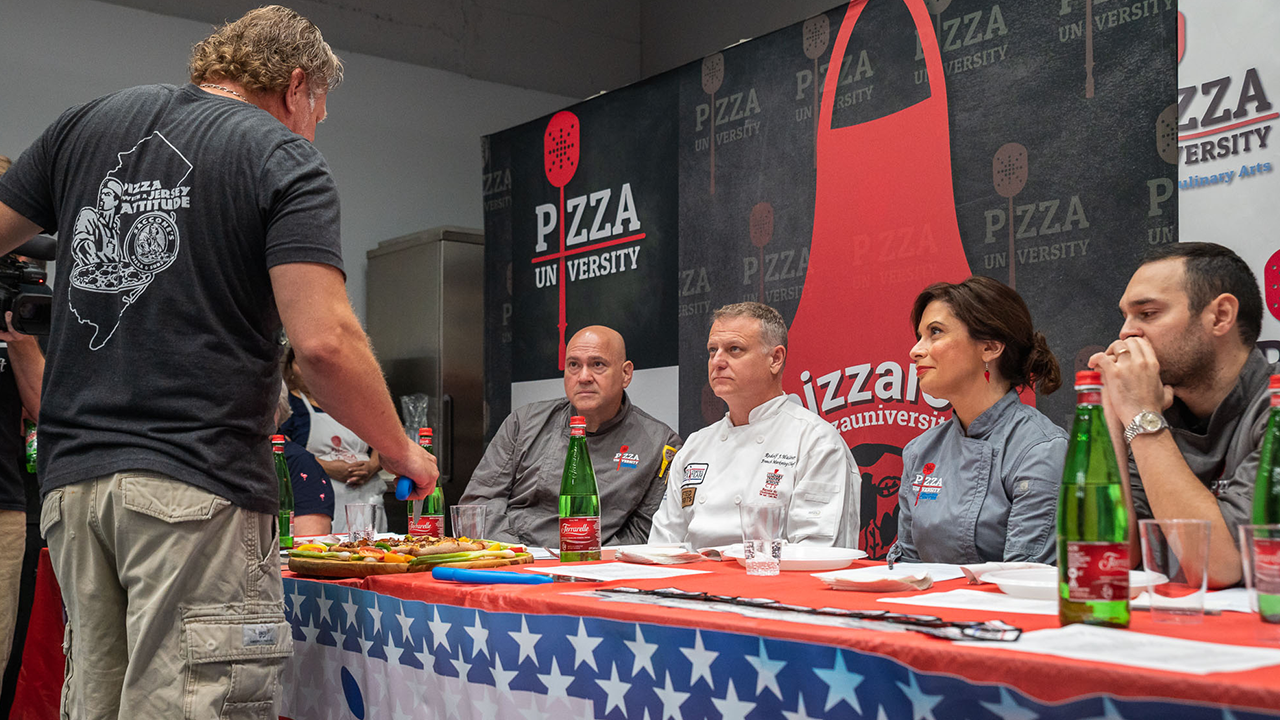So you built a pizza oven in your backyard. You’re an active contributor to all of the internet pizza discussion groups. Every one of your friends has told you that you make the best pizza they’ve ever tasted. You should open a pizzeria. You would crush it, right?
Well, not so fast. Before you quit your day job, there are some things you should know about the glamorous life of a pizza entrepreneur. The plain truth is, making pizza for a living is a whole lot different than wowing your friends at your kid’s birthday party. Used restaurant equipment shops are littered with the remnants of the broken hearts of ambitious pizza lovers who were not ready for the commitment it takes to go from dedicated amateur to successful pizzeria owner.
But don’t be discouraged. The modern pizza landscape also has its share of former amateurs who are now enriching the craft. In Brooklyn, Paulie Gee quit his tech job and opened his namesake pizzeria after practicing for years in his backyard, testing his recipes and getting feedback from prominent local food bloggers. In Chicago, Jonathan Goldsmith, a social worker whose culinary background consisted of cooking in a soup kitchen, brought his passion and commitment to the creation of Spaccanapoli, now recognized as one of the world’s top Neapolitan pizzerias. On the West Coast, Ali Haider, founder of 786 Degrees in Los Angeles, has become a nationally recognized pizza champion in just over three years after a career as a marketing spokesmodel for the luxury automobile industry.
So how did they do it? More importantly, what can you do to avoid having your pizza dream turn into the next kitchen nightmare?
Step 1: Learn restaurant math. It may not be sexy or fun, but math is the pizzeria owner’s best friend. Most restaurants have already failed when the lease is signed because many operators don’t understand how the numbers must work or, even worse, they know the numbers don’t make sense but believe the magic of good intentions will somehow change the economic reality. Don’t kid yourself. Learn how to calculate expenses and be conservative when forecasting revenue.
Step 2: Make pizza your life. Throw away your watch, your calendar and all notions of a set job description. To succeed, you will have to be committed to doing whatever it takes for as long as it takes— today, tomorrow and forever. Holidays? Forget em’. Weekends? The best time to make some money. Super Bowl Sunday? Put a TV on the counter, and don’t even think about tailgating with your friends.
Step 3: Practice your skills under the eye of a trained professional. Making pizzas in a restaurant setting—where speed, efficiency and cost controls are crucial—is worlds away from making a couple of pies for the neighbors. Attend one of the many well-respected pizza schools around the country. Then apprentice at a high-volume pizzeria so you can get a thorough understanding of what you are jumping into.
Step 4: Make sure your location is compatible with your concept. For example, if you want to make deep-dish pizza that has a long bake time, don’t build your pizzeria in an office park where your guests have to eat quickly and get back to work. Sometimes there are valid reasons why a certain type of pizza is not available in a particular area. Pizza by the slice works in New York City because there are thousands of people walking past the shops every day looking for quick pedestrian-friendly food.
Step 5: Get in shape. Seriously. Making pizzas is physical and mental work. Expect to be on your feet 12 hours a day, standing in front of a hot oven, working full speed for hours at a time. Sure, many people can do that for a few days. Are you prepared to do that every day with no end in sight? Can you do it while wondering how you will make payroll and keep the lights turned on? In short, do you have the physical stamina and emotional fortitude to dedicate yourself fully to the craft of pizza-making?
If you are undaunted by the challenges and truly believe in yourself, if you are ready to dedicate yourself to a time-honored craft and be part of a subculture that has become both a multi-billion-dollar industry and a vital and treasured part of virtually every community in America… Your pizza brothers and sisters welcome you and wish you all the best.
This article originally appeared in the Washington Post. John Arena is a Brooklyn-born pizza maker and industry consultant with more than 50 years of experience. He and his cousin Sam Facchini operate Metro Pizza in Las Vegas. You can email him at johnnypizzaguy@gmail.com.




